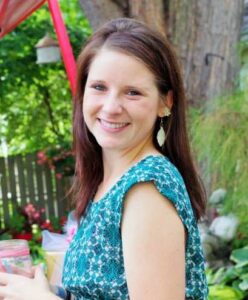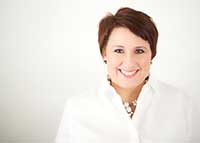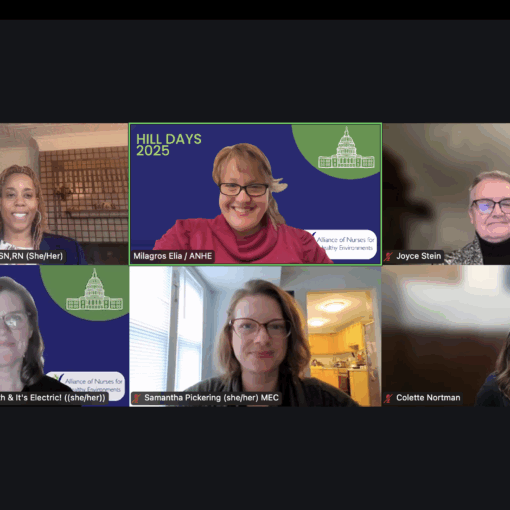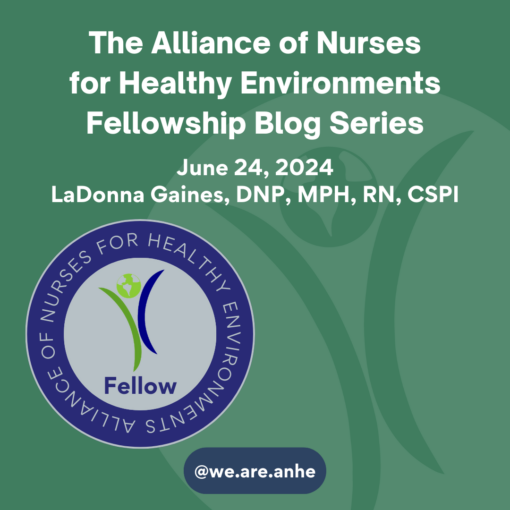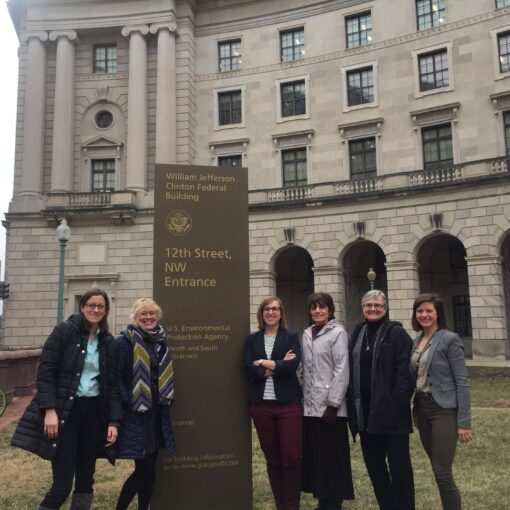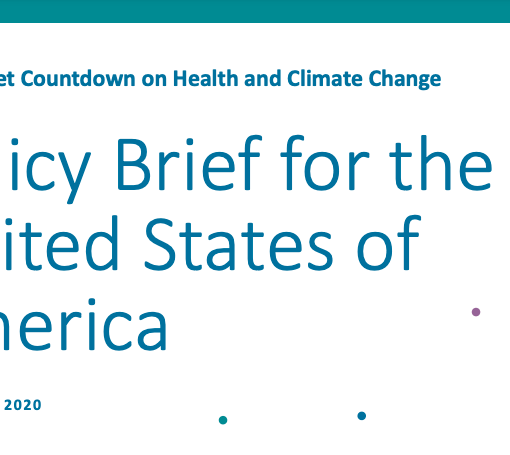On October 17th-19th, 2017, members of the Alliance of Nurses for Healthy Environments were given an opportunity to attend the Climate Reality Corps Training in Pittsburgh, Pennsylvania. The Climate Reality Corps is an initiative of the Climate Reality Project, founded by former United States Vice President Al Gore, to help increase awareness about climate change impacts and provide attendees with the tools to lead action on climate within their communities. This was the 36th training event hosted by the Climate Reality Project with almost 1,400 people attending.
The three day event was jam-packed with engaging sessions and panel discussions with renowned climate scientists, climate change communicators, and business leaders and policy makers who are leading on climate solutions. Attendees learned directly from former VP Al Gore on how to communicate the urgency of the climate crisis and solutions to engage varying audiences to in turn inspire others to take action to address this public health crisis.
Nurses, as trusted health professionals and the largest portion of healthcare professionals, are in a unique position to increase awareness on the health impacts of climate change and to move climate solutions forward. Below, ANHE nurses detail their experiences from the Climate Reality Corps Training and how they are taking action to lead on climate.
Shanda Lembeck, DNP, RN-BC, PHN is a practicing cardiovascular nurse and clinical assistant professor at the University of Minnesota School of Nursing.
“I felt fortunate to be a nurse at the Climate Reality Leadership Corps Training. What stuck with me the most was how Former VP Al Gore shared the importance of framing climate change in a way that our audiences understand. Nurses know this – we teach patients about the scary realities of their diagnoses all the time. We are skilled at meeting patients where they are. In fact, Mr. Gore shared how for many, learning about climate change is more personally impactful if we frame the conversation in terms of health. Nurses know this, too. I came away from the experience feeling assured that I already had most of the tools to communicate about climate change. Even if nurses don’t feel ready to take action on climate change, we need to know that we are. It’s in our professional nature.”
Jennifer Wasco, DNP, RN is an assistant professor and practice experience coordinator for the nursing programs at Chatham University.
“As a nurse, you are tasked with promoting health and wellness and ensuring that your patients receive the most accurate information to cope with challenges they may face during their lifetime. Today, the impacts of climate change on one’s health becomes one of these potential challenges. There is a responsibility as an assistant professor of nursing to educate nurses on understanding the health impacts that climate change will bring about in the populations in which they serve, for them to know what to look for, and how to mitigate the related risks.”
“The training received during the event was detailed, powerful, and inspirational. There were so many people and from so many different walks of life in attendance. The common bond among all participants was the concerns about the earth knowing that we all are about the people around the globe, and we were all ready to take action in some way. Al Gore was an active participant in the training every day and was supported by leading experts’ in public policy to geophysics. The training laid the foundation for sharing your newly acquired knowledge in a variety of settings such as interviews with the media to having a conversation with your family and friends around the dinner table. Health is very personal to people. If this can tug at someone’s heartstrings to make a change and advocate for a better environment, then we fulfilled the idea behind the training. In my next steps as a nurse, as a professor, as a parent and as a responsible citizen of this world, it is imperative that I continue trying to make a difference one conversation at a time.”
To learn more about how nurses can take action on climate change within their practice settings, communities, and personal lives, visit ANHE’s climate change page.

